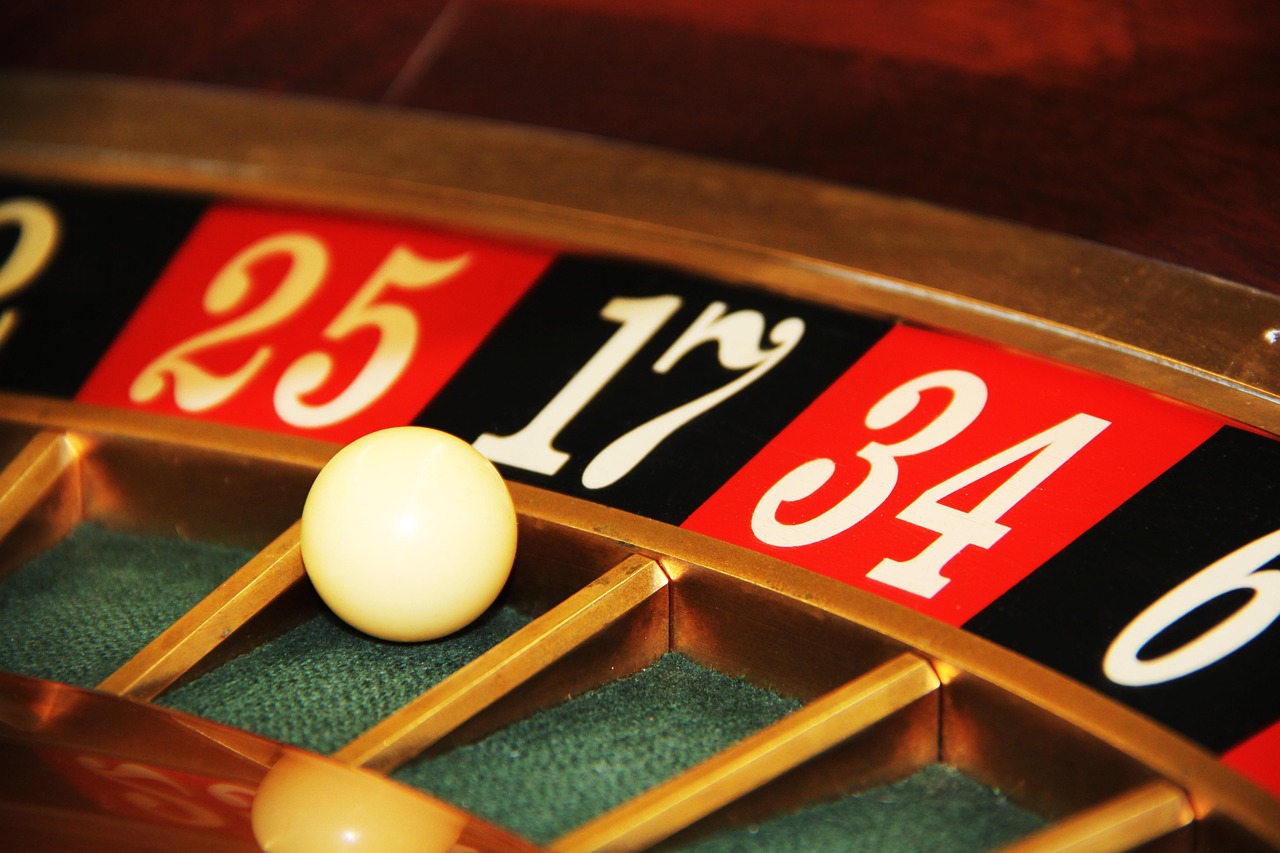The Reason Why Games in Casinos Tend to Be Greater Than Fortune

Casino activities have long been associated with the rush of chance and the excitement of luck. Many individuals arrive at a casino with the belief that their success hinges solely on random fortune. However, a more profound investigation reveals that these games encompass much more than just the factor of luck. Understanding the mechanics, tactics, and human psychology behind casino games can greatly enhance the enjoyment and improve one’s chances of winning.
Beyond the captivating sounds of revolving wheels and dice being cast, casino games involve a complex mix of expertise, tactics, and judgment. Whether you are playing blackjack, poker, or even baccarat, knowing the tactics can significantly influence the outcome of the game. Moreover, the approach of the gamblers and understanding the odds behind each game can shift the balance of success away from mere chance. By recognizing these layers, players can appreciate casino games as a mixture of entertainment and minigame, transforming their perspective from one of passivity to one of involvement.
The Psychology of Gambling
Grasping the psychology behind gambling demonstrates that player behavior is motivated by much more than mere chance. The thrill of risk, immediate reward, and the potential for winning large sums can create a intense emotional experience. Numerous players become captivated by the thrill, which can lead to a cycle of increased betting and gambling, often driven by a hopeful optimism that colors their perceptions of success probabilities.
Another key element of the mindset of casino games is an illusion of control. Numerous players feel that their decisions, such as the selection of games or betting patterns, can significantly influence the outcome. Such a belief can enhance their engagement and enjoyment, but it also adds to persistent gambling behavior, as players often ignore the role of randomness in these games. The excitement derived from making choices gives players a feeling of involvement, which can be deceptive in terms of grasping the true odds involved.
Additionally, the environment of the casino holds a crucial role in influencing a gambler’s experience. Factors like illumination, sounds, and the presence of other players create a stimulating atmosphere that enhances the thrill of the game. This carefully designed environment can lead individuals to lose track of time and money spent, as they become enveloped in a sensory experience that heightens their emotional investment. Recognizing these psychological dynamics is essential for comprehending why casino games attract players and keep them returning for more.
Skill vs. Luck in Gambling Games
In the realm of casino games, the debate between expertise and chance is a notable one. Numerous players believe that fortune is the dominant factor, especially in activities like slot machines where results are arbitrary. However, there are activities that clearly showcase the significance of skill, such as poker and blackjack, where players can employ strategies and decisions that affect their overall performance. Understanding the dynamics and intricacies of each activity can greatly impact a player’s outcome and results.
The importance of expertise becomes apparent when considering the various tactics accessible to players. In activities like poker, for example, players must interpret their opponents, assess probabilities, and make informed choices based on their hand and the shared cards. This depth of strategy demonstrates how proficient players can consistently surpass novices, proving that success is not solely based on luck but rather on the application of insight and experience. Similarly, in blackjack, players can use strategies like counting cards to gain an edge over the house, further illustrating the importance of skill.
On the flip side, luck cannot be entirely disregarded in any casino game. While expertise can enhance a player’s chances of winning, unpredictable results still play a crucial role. Even the best tactics can falter due to the random character of card draws or spin results. This interaction between expertise and chance creates a lively gaming environment where players must adapt and react to random events while also leveraging their abilities. come rimuovere autoesclusione AAMS Ultimately, successful gambling gaming is a blend of both elements, contributing to the intricacy and excitement of the gameplay.
Strategies for Winning
To succeed in casino games, players must comprehend the value of developing a system designed to the specific game they are playing. Each title has its specific set of regulations, odds, and details that demand a considerate strategy. For instance, in titles like poker, players can utilize techniques such as probability assessment to make more informed decisions and boost their odds of winning. Grasping the odds and payouts associated with every title can empower players to make wiser choices and elevate their general play experience.
Money management is an additional vital strategy that cannot be overlooked. Players should set a budget for their gaming sessions and commit to it. This promises that they do not exceed and helps keep a degree of oversight over their play behavior. Choosing in advance the amount to wager and the right moment to leave can avoid emotional decisions that frequently cause significant losses. Smart bankroll management enables players to enjoy gambling without the fear of going broke.
In conclusion, learning from experience and watching other players can provide beneficial understanding. Many successful players dedicate time evaluating not only their own gameplay but also that of fellow players. This analysis can expose new methods and techniques, ultimately promoting better decision-making. Conducting self-reflection after gaming sessions helps players pinpoint what was effective and what didn’t, enabling them to tweak their strategies over time. By uniting insight, focus, and observation, players can enhance their probability of success in casino games.
